Miscellaneous - Profile
by Malcolm Carter
published: 12 / 2 / 2007
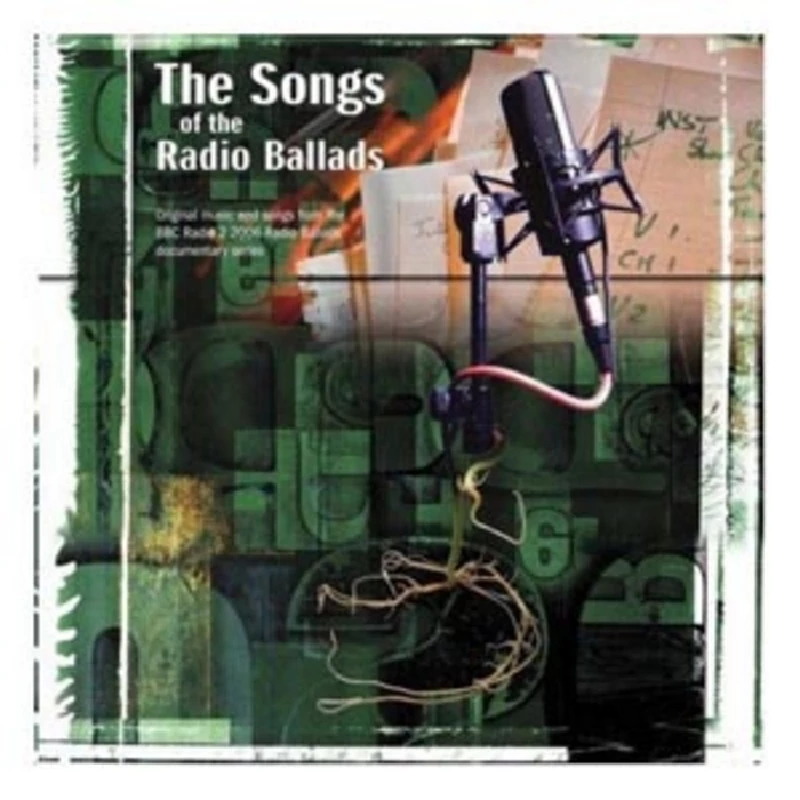
intro
In 2006, almost 50 years after the original series, a second series of 'Radio Ballads' was produced by the BBC, which combined social commentary with music from some of Britain's best folk artists. With all of the new 'Radio Ballads' having been released on CD, Malcolm Carter profiles each of them
Broadcast in the late 50's and early 60s', the original 'Radio Ballads' were a series of ground-breaking documentaries made for the BBC Home Service. The documentaries were comprised of songs written especially for each of the eight broadcasts, each one tackling a separate issue ranging from the railwaymen of England to professional boxing taking in the building of the M1 motorway and the hopes, dreams and reality of British teenagers along the way with the voices of people from those communities interspersed with the music. The original 'Radio Ballads' began in 1957 when BBC producer Charles Parker commissioned Ewan MacColl, a highly respected folk singer, probably better known to those not born in the 1950's or 1960's not for his theatre work or his folk songs but as the father of the sadly-missed Kirsty MacColl or as the composer of the classic songs, ‘The First Time Ever I Saw Your Face’ and ‘Dirty Old Town’, to write a script for a feature about John Axon, a steam locomotive driver who lost his life that year in an act of heroism. Presenting Parker with many hours of interviews from Axon’s workmates and family MacColl persuaded the producer to use those actual voices rather than get actors to read the lines on the radio. MacColl then went on to write a number of songs inspired by the material he collected with Peggy Seeger directing the music. From this inspired vision a new format was born; one where the original voices of those interviewed were interwoven with the music. No additional script or actors were needed. It truly was groundbreaking. In 2006 a second series was produced. This time producer John Leonard along with tape editor Annie Grundy and interviewers Sara Parker (daughter of original producer Charles Parker) and Vince Hunt chose a further six topics to tackle, this time concentrating on issues which had come to light during the 50-odd years since the original radio broadcasts were heard. The musical director of the project, the well-known musician John Tams (Albion Band, Home Service), then gathered up a team of songwriters mainly drawn from the current folk music scene to compose the music to go along with these interviews and sound-bites. The songwriters and singers involved in this project are without a doubt some of the best in the folk genre and the names of the aforementioned Tams coupled with those of Karine Polwart, Julie Matthews, Chris White and Kate Rusby, while naming just a few of the gifted musicians and singers lending their talents here, is enough to make any anyone interested in folk music rush out and buy these CDs, regardless of the subject matter. It might well sound like heavy going at times. If we take say ‘The Horn Of The Hunter’, concerning the end of hunting with hounds with input from both sides, those for and against, it’s not a subject that many of us have ever been directly involved with, just lightly following the debates on the documentaries we have seen from time to time and snatches here and there on the news, but surprisingly the interviewees comments weaving in and out of the songs composed by Tams, Bob Fox and Jez Lowe among others make this actual 'Radio Ballad' one of the most interesting. While I wouldn’t go as far as to say this album would change your views on hunting with hounds it certainly gets you thinking. But most of all this project achieves what a lot of music has stopped doing over the last ten years; it educates you. It matters not really if you agree with the interviewees here and with what they say; the voices are so brilliantly interwoven with the music that it makes for fascinating listening. Music has become of less value over the last ten years or so. Many of us can still remember when the highlight of our day was trying to get a decent signal from Radio Luxembourg late at night; it was a challenge to listen to good music. It was exciting. While I am the first to admit that it’s great to be able to listen to whatever genre of music we love now 24 hours a day, seven days a week from some country on the other side of the world in crystal-clear quality it does take some of the magic and the thrill of music away. It’s all too easy. It’s all too much. We can now listen to selections from our album collections while shopping or travelling; hundreds of our favourite songs captured in a box not much bigger than a matchbox. In some ways having easy access to so much music devalues it. These 'Radio Ballads' have done two things. They have taken me back to a time when music mattered, when music had something to say and when it could change your view and, yes, even your life. But more than that this series has educated me and it’s been a good while since music has done that. While there is still plenty of music, good music, being made to make us feel good, and also to help us through those bleak, dark times when hearts break there is very little these days to make us think. To think about things that maybe don’t directly affect us but that we should be aware of. The main thing this series has done is made me believe in the power of music again. Gott Discs have made a brilliant job of presenting 'Radio Ballads 2006' on CD. There are six separate CDs; ‘The Song Of Steel’ (detailing the decline of the steel industry in Sheffield and Rotherham), ‘The Enemy That Lives Within’ (a particularly powerful collection of stories of people living with the HIV/Aids virus), ‘The Horn Of The Hunter’, ‘Swings And Roundabouts’ ( the stories of the showmen who run Britain’s fairgrounds which brings back so many memories of childhood), ‘Thirty Years Of Conflict’ (stories from 30 years of sectarian conflict in Northern Ireland which is a highpoint of the series) and ‘The Ballad Of The Big Ships’ (the men and women who worked the shipyards of the Tyne and Clyde telling their stories). Each CD has a booklet detailing the issue the album covers with information on the original 'Radio Ballads', the songwriters of the 2006 version and comments from people who had heard the series when it was broadcast on radio. The CD booklets are fascinating in their own right. The whole collection is superbly produced from the artwork to the actual music. Other record companies should follow Gott Discs lead here. There is also a separate CD ‘The Songs Of The Radio Ballads’ which features 20 of the new songs which were written for the series. These versions are just the songs, stripped off the comments from the interviewees and of any sounds recorded when visiting the fairgrounds and such like. It seems strange now as if this collection of songs was the first taster of the 'Radio Ballads' it would have doubtless received praise from all who heard it. The collection starts with ‘Mucky River’ written and sung by John Tams and taken from ‘The Song Of Steel’ and it’s an excellent way to draw the listener in. To say that the song is one of the strongest over the entire collection of the six discs is praise indeed. Following that song with ‘It’s Curtains’, sung this time by Kate Rusby, is simply a stroke of genius, no one with even the slightest interest in folk music is going to be able to resist going straight out to buy the actual album from where those songs come. To then hear those same songs interspersed with the voices of the folk who worked in the steel industry is a whole new experience. The 20 songs are split fairly evenly to give a fair account of what to expect from each separate 'Radio Ballad'. But it must be said again, the songs take on a whole new dimension when interwoven with the comments and sounds on the actual broadcast they are taken from. ‘The Songs Of’ collection is a neat way of having some of the best songs uninterrupted on one disc but the broadcasts really need to be heard in their entirety. The stories of the six people living with HIV/Aids which is ‘The Enemy That Lives Within’ for example, simply has to be heard as a whole with the interviewees comments and stories weaving in and out of the songs. While ‘The Sum Of What I Am’, a Julie Matthews song which Chris White sings so powerfully, would stand up as a strong statement on its own, the addition of the interviewees’ comments takes the song to another level. That combination of Julie Matthews songs sung by Chris White is obviously something special; Matthew’s touching words impressively sung by White who has so much feeling and soul in her voice hits home every time; ‘Comes The Hour’ from the same broadcast is another prime example of how well these two artists work together. While initially this seven-strong collection of CDs will appeal to those who appreciate folk music; those who will find it hard not to purchase the set purely on the strength of the musicians and singer-songwriters involved, it really should be heard by a much wider audience. Folk music by its very name is the ideal settings for these stories but these are stories which should be heard by us all. Those who are not particularly fond of the folk music genre will be missing out on an exceptional series by being blinkered by what they feel folk music means. Gott Discs should be congratulated once again for releasing this superb series on CD and in such a fine way. Real music, by real musicians telling the stories of real people, sometimes in their own words; you owe it to yourself to let this series open your ears to some wonderful music and maybe, just maybe, to see things in a different light after listening to these stories. Music has rarely been so powerful.
Picture Gallery:-
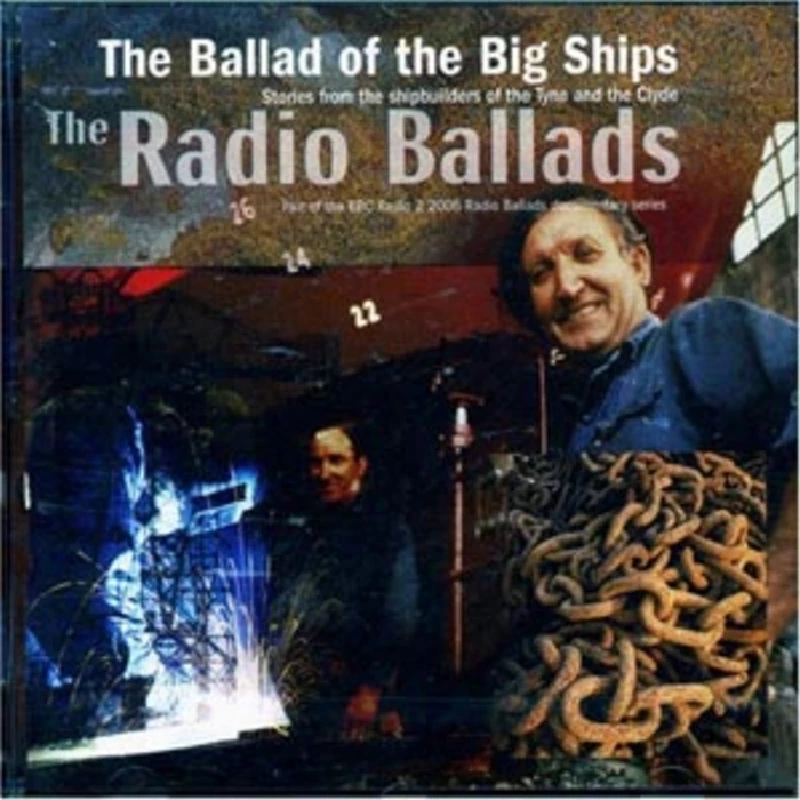
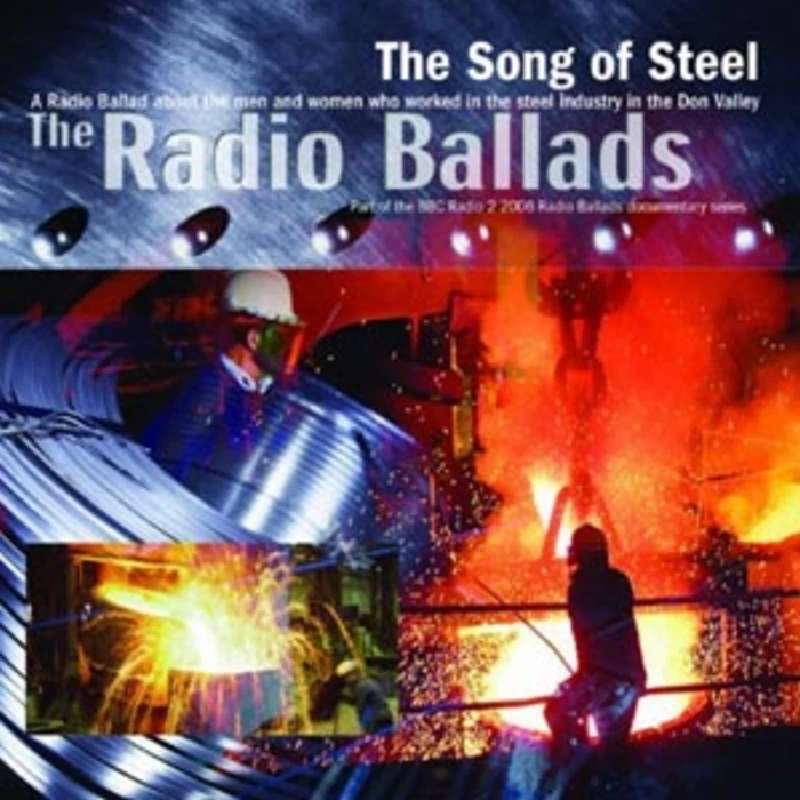
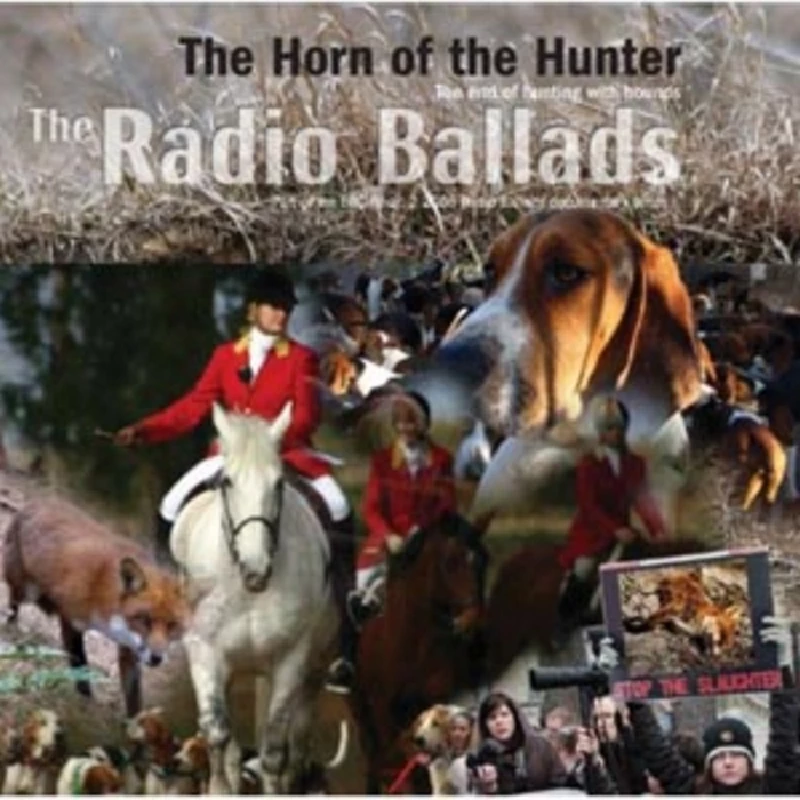
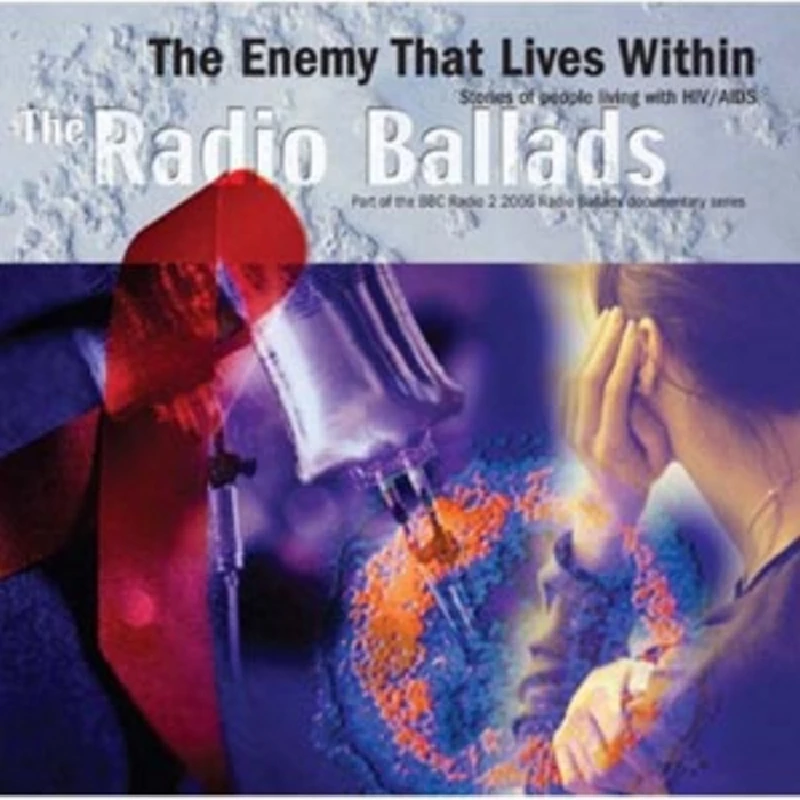
most viewed articles
current edition
Peter Doherty - Blackheath Halls, Blackheath and Palace Halls, Watford, 18/3/2025 and 21/3/2025Armory Show - Interview with Richard Jobson
Liz Mitchell - Interview
Lauren Mayberry - Photoscapes
Deb Googe and Cara Tivey - Interview
Max Bianco and the BlueHearts - Troubadour, London, 29/3/2025
Garfunkel and Garfunkel Jr. - Interview
Sukie Smith - Interview
Clive Langer - Interview
Maarten Schiethart - Vinyl Stories
previous editions
Heavenly - P.U.N.K. Girl EPBoomtown Rats - Ten Songs That Made Me Love....
Trudie Myerscough-Harris - Interview
Doris Brendel - Interview
Beautiful South - Ten Songs That Made Me Love...
Dwina Gibb - Interview
Pulp - Ten Songs That Made Me Love...
Kay Russell - Interview with Kay Russell
Oasis - Oasis, Earl's Court, London, 1995
Sound - Interview with Bi Marshall Part 1
most viewed reviews
current edition
Davey Woodward - Mumbo in the JumboNigel Stonier - Wolf Notes
Wings - Venus and Mars
Kate Daisy Grant and Nick Pynn - Songs For The Trees
Only Child - Holy Ghosts
Neil Campbell - The Turnaround
Philip Jeays - Victoria
Darkness - Dreams On Toast
Suzanne Vega - Flying With Angels
Charles Ellsworth - Cosmic Cannon Fodder
Pennyblackmusic Regular Contributors
Adrian Janes
Amanda J. Window
Andrew Twambley
Anthony Dhanendran
Benjamin Howarth
Cila Warncke
Daniel Cressey
Darren Aston
Dastardly
Dave Goodwin
Denzil Watson
Dominic B. Simpson
Eoghan Lyng
Fiona Hutchings
Harry Sherriff
Helen Tipping
Jamie Rowland
John Clarkson
Julie Cruickshank
Kimberly Bright
Lisa Torem
Maarten Schiethart